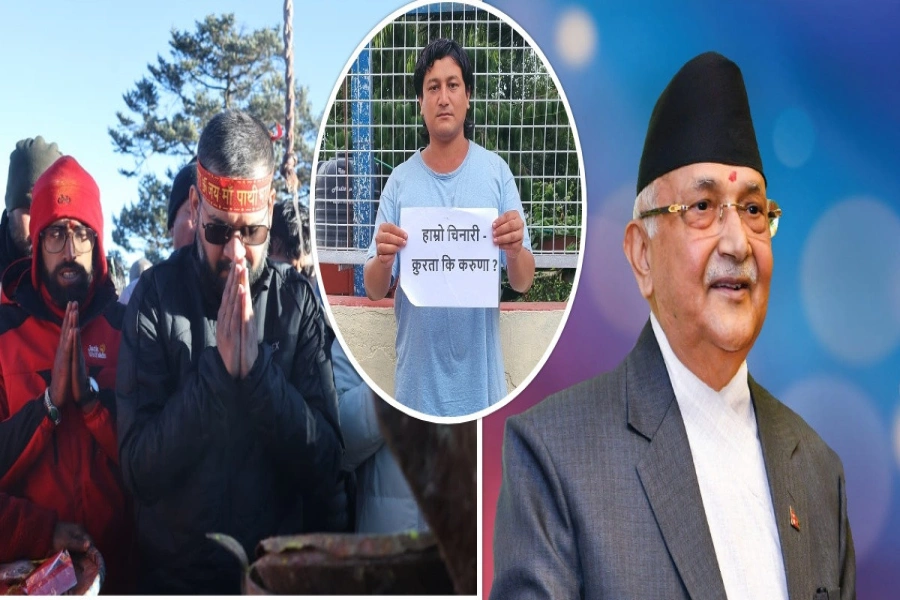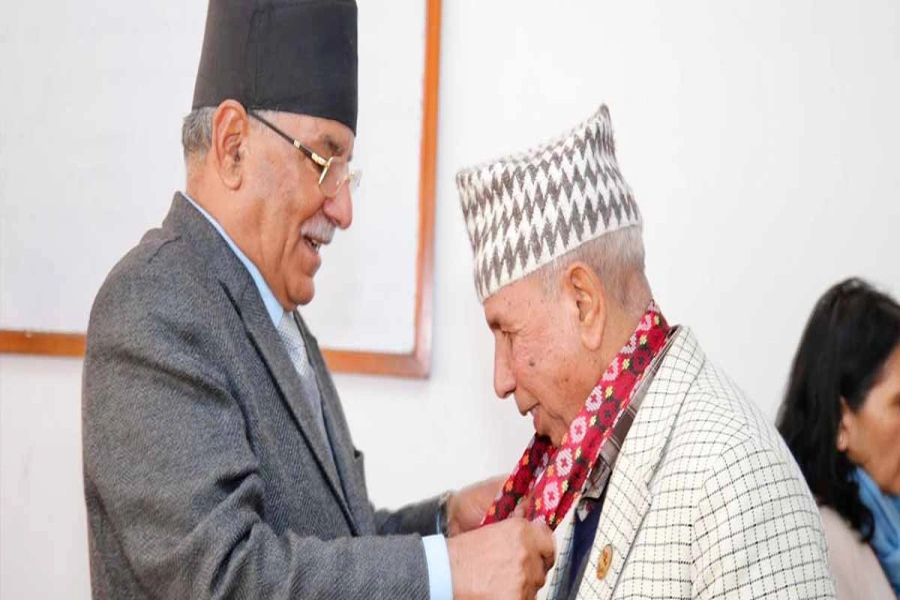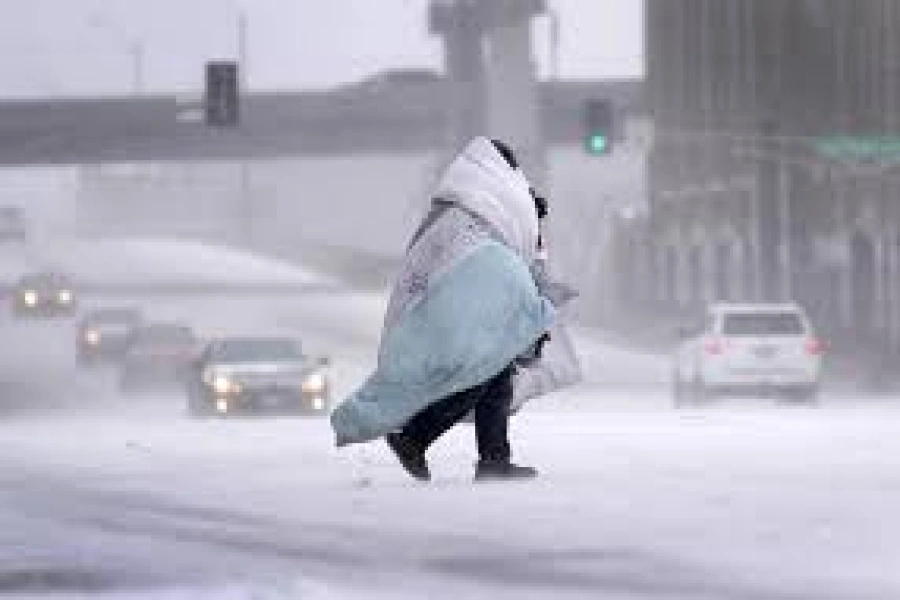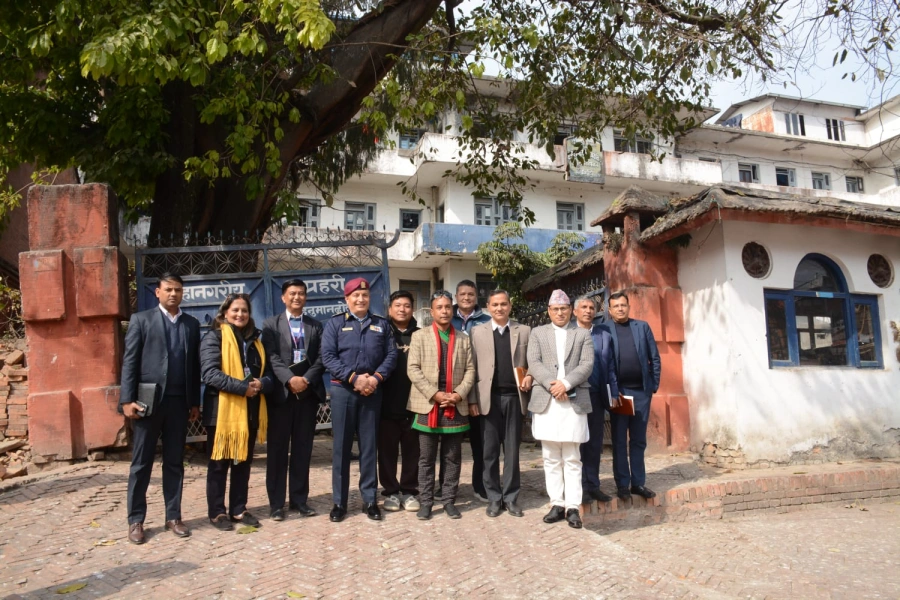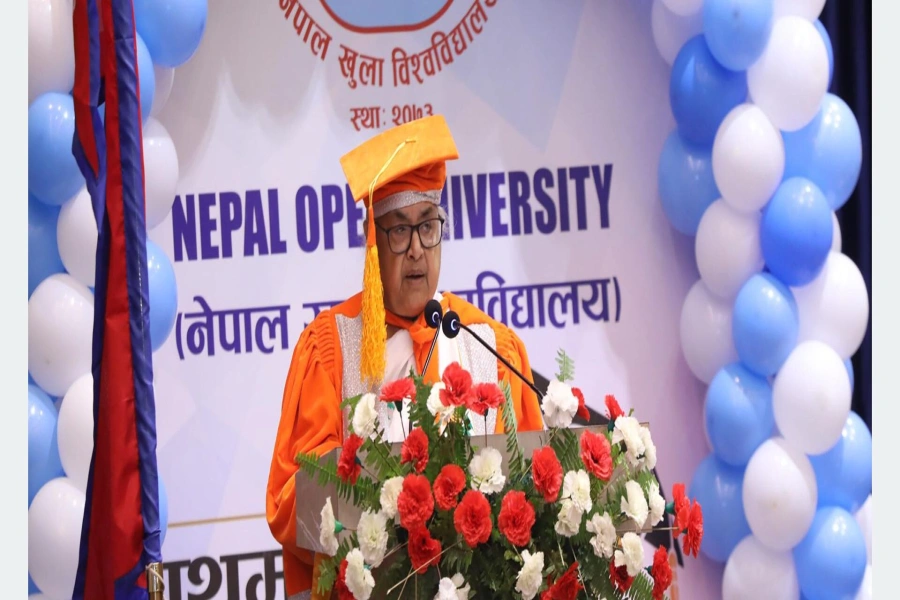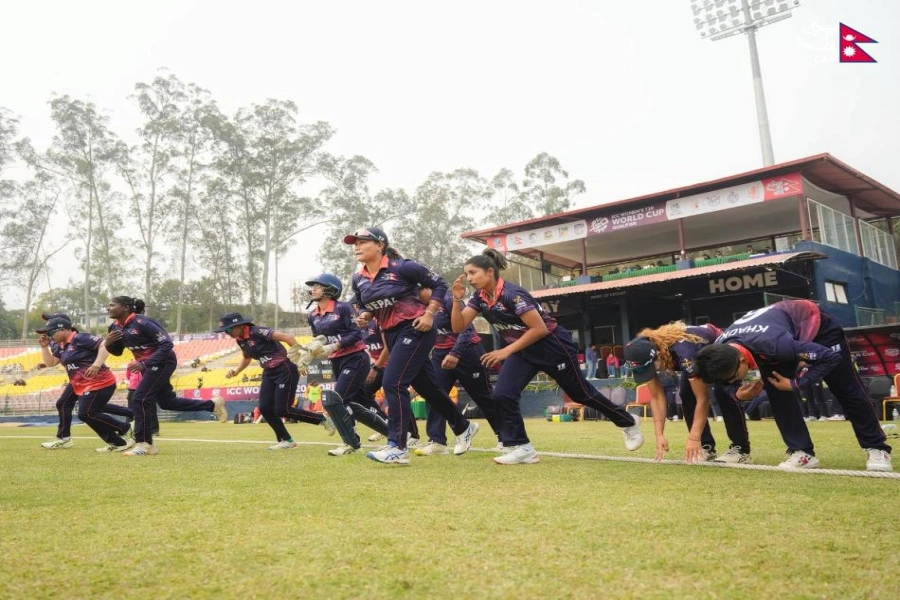ILAM, July 21: The market is closed, but the crowd of buyers from across the border does not seem to lessen. The shopkeepers do not find a break from selling food items -- from salt and oil to pulses and rice. These, the buyers get transported to their homes in India by private vehicles, human porters, or horse-back.
This is a typical scene for Pashupatinagar, a town in the eastern border of Nepal, since the past month. The Indian buyers crowd not the bigger roads but the smaller allies where they find the items of their menu, which has changed from things like ready-mades and utensils to daily necessities like food and staples. They are now looking for beaten rice and instant noodles, vegetables and flour, sugar and spices.
The Pashupatinagar market is busiest on Mondays but the number does not go down very much on other days also.
The Pashupatinagar market is basically closed since the past 35 days due to ongoing crisis in India’s West Bengal, which is across the border. Most of the shops are closed as the number of visitors and vehicles has come close to zero.
Except for the food stores.
Indian citizens are visiting Pashupatinagar in Nepal each day for shopping everyday food items. The shutdown in West Bengal has caused obstruction in transport but people come to Nepal border even if it takes hours to reach here.
A day in Darjeeling

Some of the Indian buyers even come along with vehicle, carrying ‘recommendation’ from the agitating parties. And some come with horses to carry their loads home. Some even carry the loads on their back.
A youth who was transporting goods on his personal vehicle said, “I need to feed my children and family, I have no other option.”
Despite the huge number of people transporting food items, even in their money- and hand-bags, the police personals from both sides seem not to notice.
Locals say that if police tried to impose the rules, the buyers cross the border through foot trails of Charmile and Manebhanjyang.
“There are not many people transporting food from main road,” accepts a staffer at Pashupatinath Customs Office. “It is the matter of survival and it is hard to take action on people who travel from alternative routes.”
People residing in Mirak and Sukila, the Indian towns linked with Pashupatinagar, come to Nepal as their own markets have been closed down due to ongoing strikes.
“We need to come here to get everyday commodities,” said Dolma Bhotia of Sukiya. “As the vehicles carrying goods from the plains are not allowed in our areas, we have run out of them.”
People in transportation business from Pashupatinagar, Sandakpur, Jogmai, Manebhanjyang, Shreeantu, Samalbung have been carrying goods like rice, milk, grains to the market along the border. The Indian customers come and buy it from there.
Sangey Hyolmo, a local of Jogmai, said that her relatives (in the Indian side) have started demanding for food as they are facing scarcity. Hyolmo said her relative requested her to send rice and pulse as there is no food available in their area.
“People of Darjeeling are shaken, for it is hard to find even noodles there,” she added.
Pasang Tamang, a transport entrepreneur, said he also transports goods from villages of Nepal to the bordering areas of Manebhanjyang and Sukiya.
Life in Darjeeling, Mirik, Kalimpong, and Kharsang has been affected due to the current Gorkhaland Movement. Market, schools, industries, and transportation are closed. The unannounced blockade by the West Bengal state to Darjeeling district in India has caused crisis in food supply in Darjeeling and even in villages of Nepal.
Indian customers have easy access to market in Nepal because of the open border. “It is so painful to be sneaking in food for living as there is nothing available in our land,” said a woman, 63, carrying rice in her bag.
Milan Chettri, a businessperson of Pashupatinagar, said the town residents had been surviving with the earning from Bengali tourists but Darjeeling strikes have brought down their businesses, except grocery, to almost zero-level.
“Transportation services, apparel and utensil shops are closed,” he said. “But food shops are full with Indian customers.”
Shopkeepers said that the big traders transport food and commodities in vehicle at night.
“Big traders deliver food commodities to Mirik and Sukiya at night,” said a shopkeeper. “Big traders are making huge profits at the moment.”
President of Pashupatinagar Chamber of Commerce and Industries, Pramod Rai said that strike in India has hampered not only the Pashupatinagar market but other markets located around the Indian-Nepal border as well. He said there used to be daily transaction of Rs 4 million in Pashupatinagar but the business is down except for food traders.
The ongoing protests demanding separate state of ‘Gorkhaland’ in India has affected the lives of people in the hilly areas of West Bengal.







